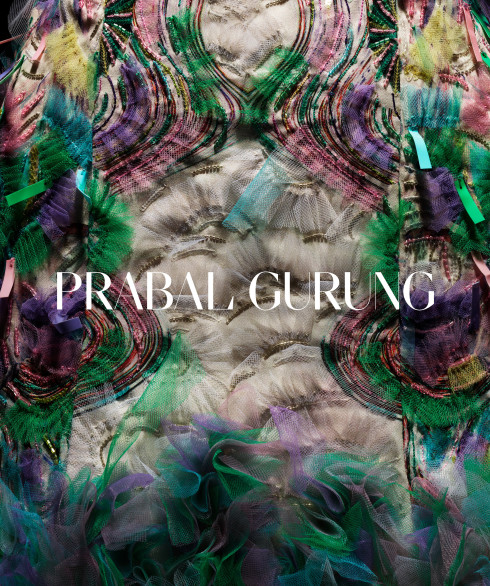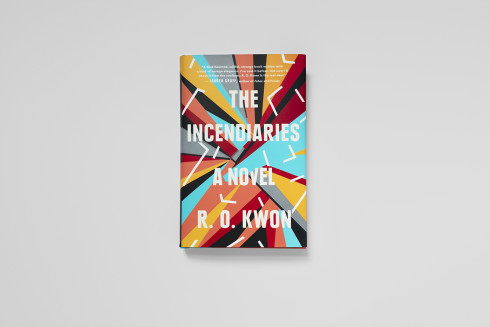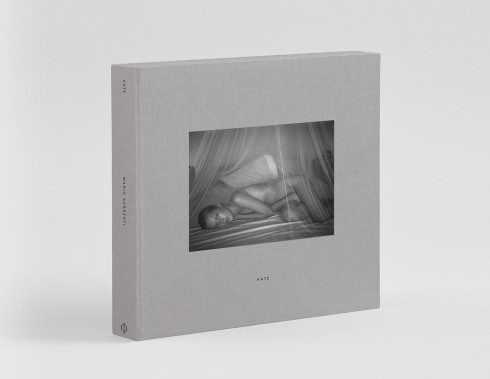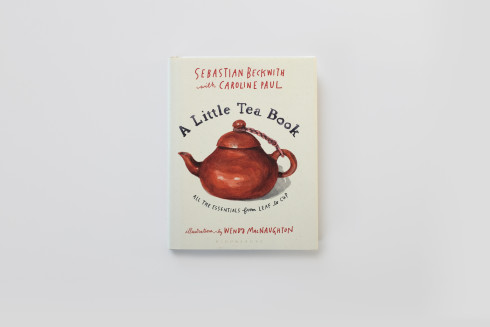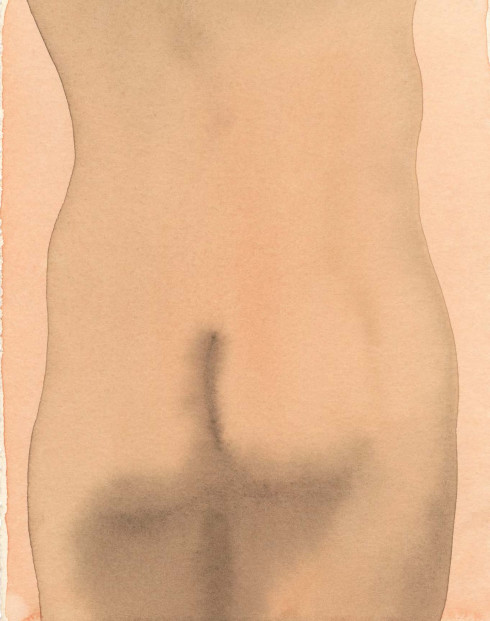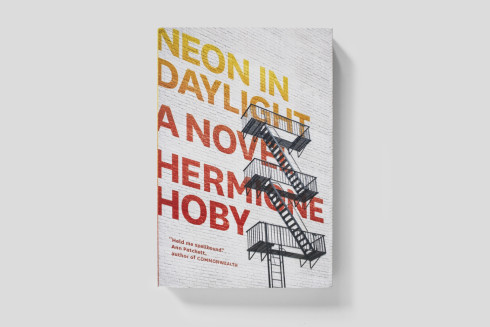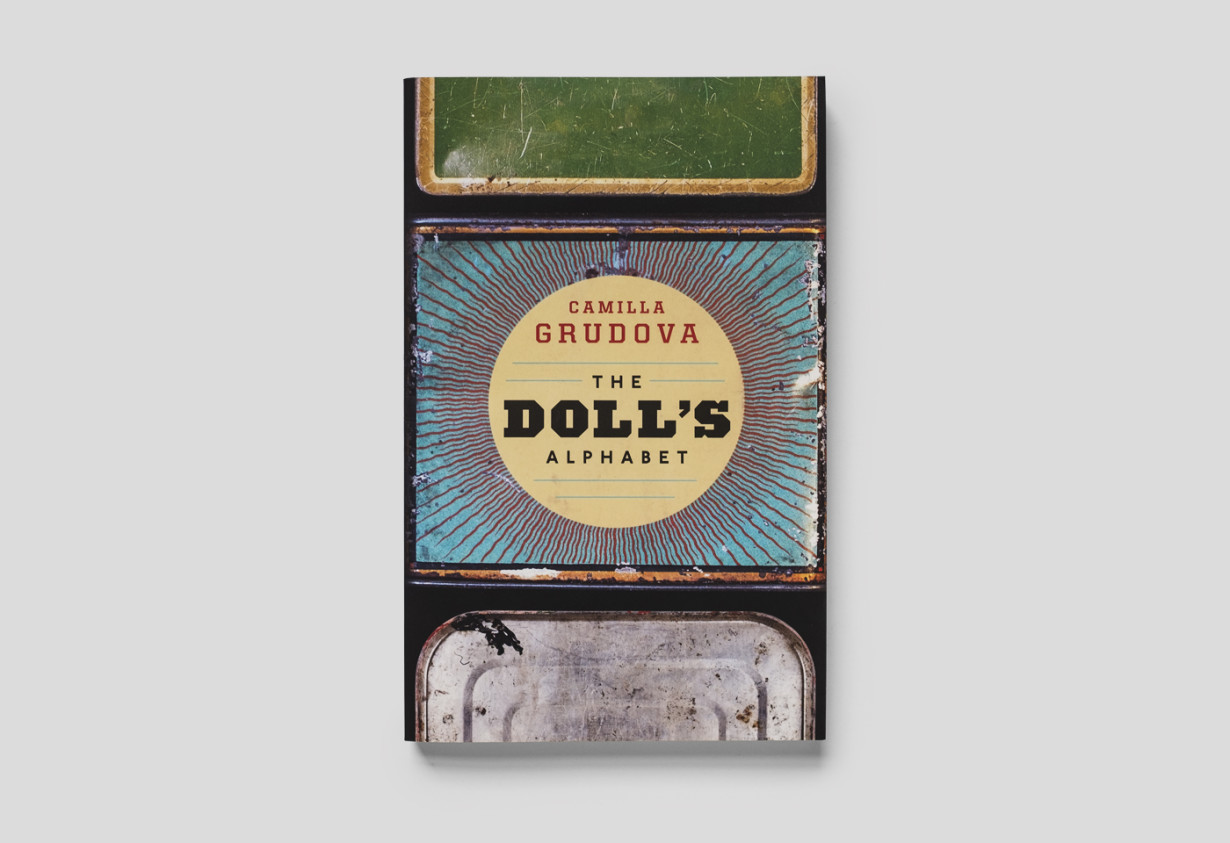
CAMILLA GRUDOVA'S STRANGE STORIES
The Canadian author Camilla Grudova’s new book The Doll’s Alphabet opens with the disconcerting image of a woman unstitching herself to become a sewing machine—and only gets stranger from there. Across thirteen hypnotizing short stories, the author teases themes of identity, obsession, and gender dynamics with a singular voice that is lyrical, morbid, haunting, and vibrant all at once. “What makes me continue to write fiction is a desire to disappear,” she says. “I feel pleasantly like a ghost when I am writing a piece of fiction.”
A former student of art history, Grudova’s collection was bought on the strength of her first two published stories—both included—”Waxy” and “Agata’s Machine,” about a sewing machine that produces luminous visions of a Pierrot and an angel for a pair of girls. That everyday tool reappears throughout the book, sometimes as love interest and sometimes as threat, and Grudova’s continued inventive reworking of a few key symbols—canned food, dolls, and mirrors also among them—is one of the book’s most intriguing qualities. “I remember my mother having boyfriends who were afraid of sewing machines, so I saw it as something associated with women in an empowering, creative way,” she says, “the sewing machine as a friendly, helpful monster.”
An interest in the (often female) body and the ways it can be misused drives many of her stories, whether the protagonist is a mother who turns into a wolf every night or a refined gentleman with eight legs, giving the collection a pointed and somewhat political undertone. “As a woman, it cannot be ignored when your body, your personhood, safety, and autonomy are not just under threat but outright attacked,” she says. “You have to live with that every second.”
Still, Grudova recognizes that her words are more powerful when they enchant rather than insist. “I don’t see myself as providing a specific view or argument,” she offers. “I think fiction should ask questions rather than give answers and complicate things and make them mysterious and difficult rather than attempt to make them simple and clear.”
The Doll’s Alphabet is out Tuesday from Coffee House Press. Preorder your copy here.
